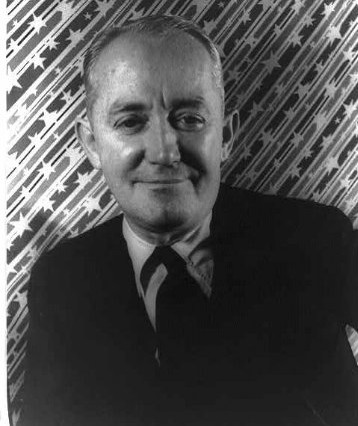Introduction
George M. Cohan (1878–1942) was a noted composer and lyricist, famous for such songs as “The Yankee Doodle Boy” and “You’re a Grand Old Flag.” He started his musical career as a violinist and dancer at the age of eight, started touring with his family’s vaudeville musical act—“The Four Cohans”—at the age of twelve, and made his Broadway debut when he was fifteen. In 1936, President Franklin D. Roosevelt presented Cohan with the Congressional Gold Medal for his contribution to American morale during the war years, the first time Congress had bestowed the award for the writing of songs. In 1942, Cohan was immortalized in the film Yankee Doodle Dandy, with James Cagney starring as the songwriter.
“Over There” was one of the best-known songs of World War I, originally published in 1917, just as the United States was entering the stalemated European war. Nora Bayes, the popular singer and vaudevillian, helped make it famous, and by the war’s end, more than a million records had been sold. (It was later revived during World War II.) What mood does the song display regarding going off to war? How do you explain the national and personal enthusiasm for the war and the confidence about its outcome? Do you think this song and these attitudes survived World War I? Could they survive other wars?
Listen to Nora Bayes sing “Over There” here; Billy Murray’s version can be found here.


 (2 votes, average: 4.50 out of 5)
(2 votes, average: 4.50 out of 5)
Post a Comment